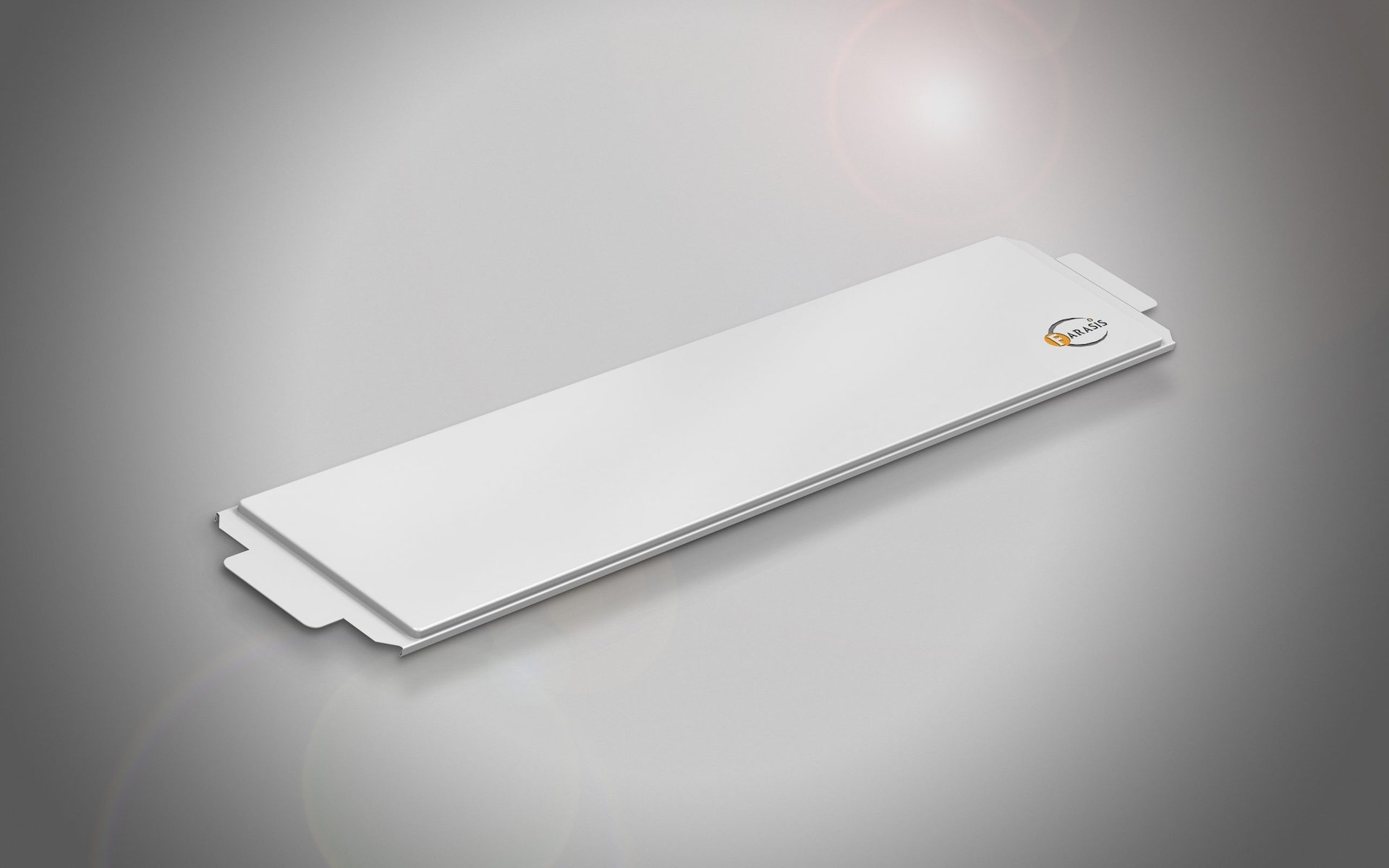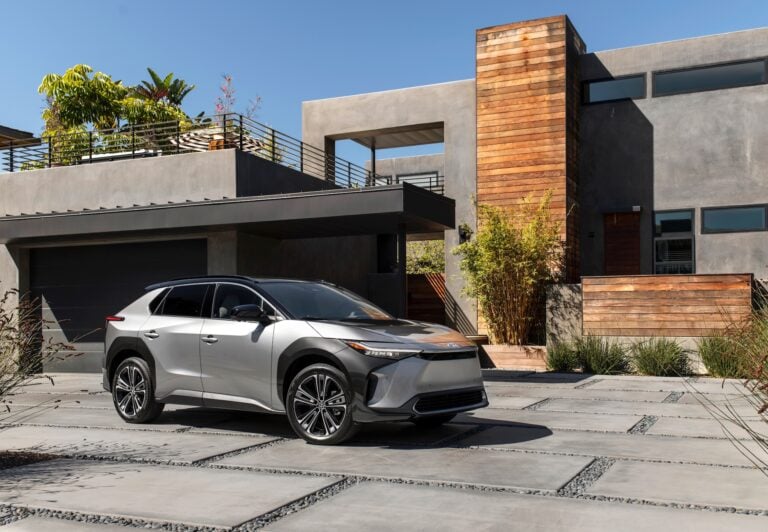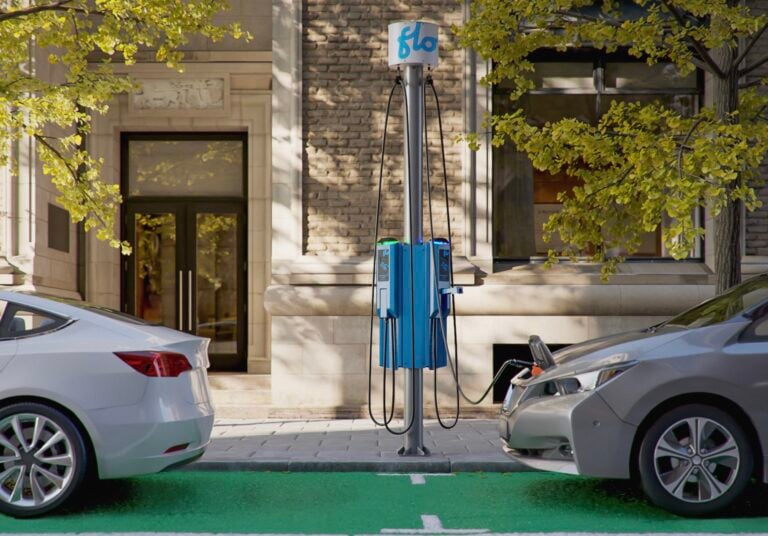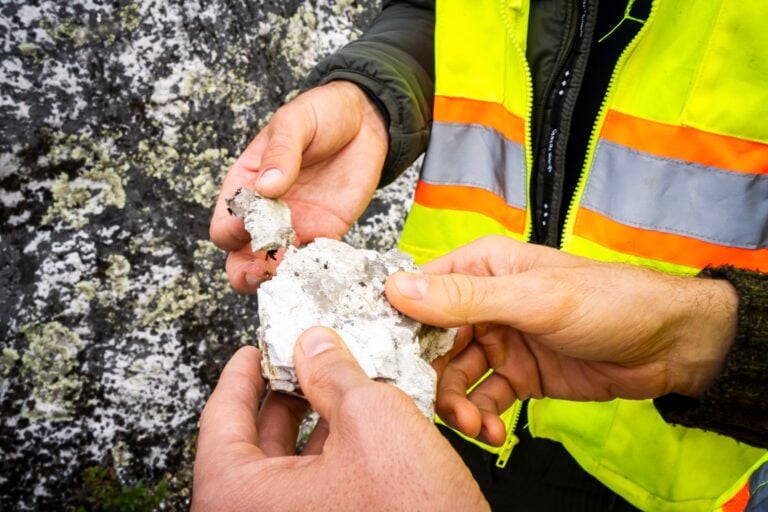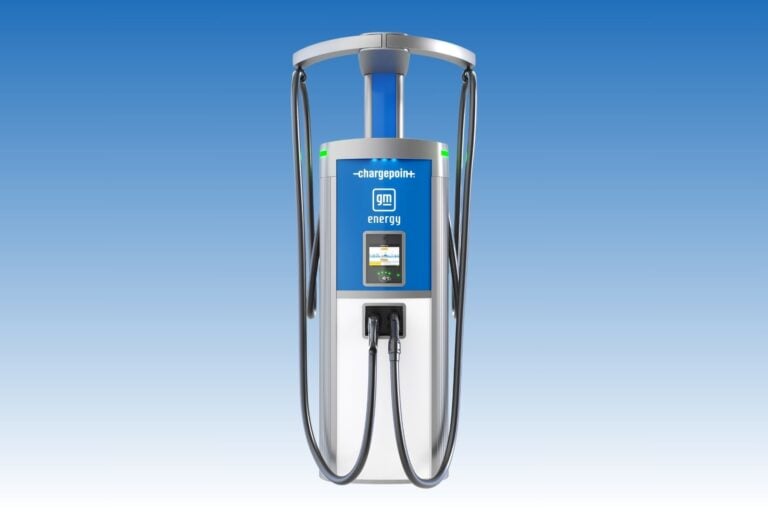Sign up for our popular daily email to catch all the latest EV news!
Farasis Energy has successfully tested its revolutionary battery cells, marking a significant milestone in the quest for a million-mile battery. This breakthrough positions Farasis among the few companies worldwide to achieve this feat.
Key Highlights:
- Million-mile battery achievement: Cells tested over 5000 cycles in 24-36 months.
- NCM chemistry cells: P75 and P73 retain over 70% capacity after a million miles.
- Real-world testing: Fast charging, high depth of discharge, and varied temperatures.
- Advanced materials: Semi-solid gel separators, stable cathode/anode, optimized electrolyte.
- High energy density and safety: Fast charging, thermal propagation mitigation, innovative packaging.
- Commercial vehicle applications: Lower operating costs, significant benefits for buses and trucks.
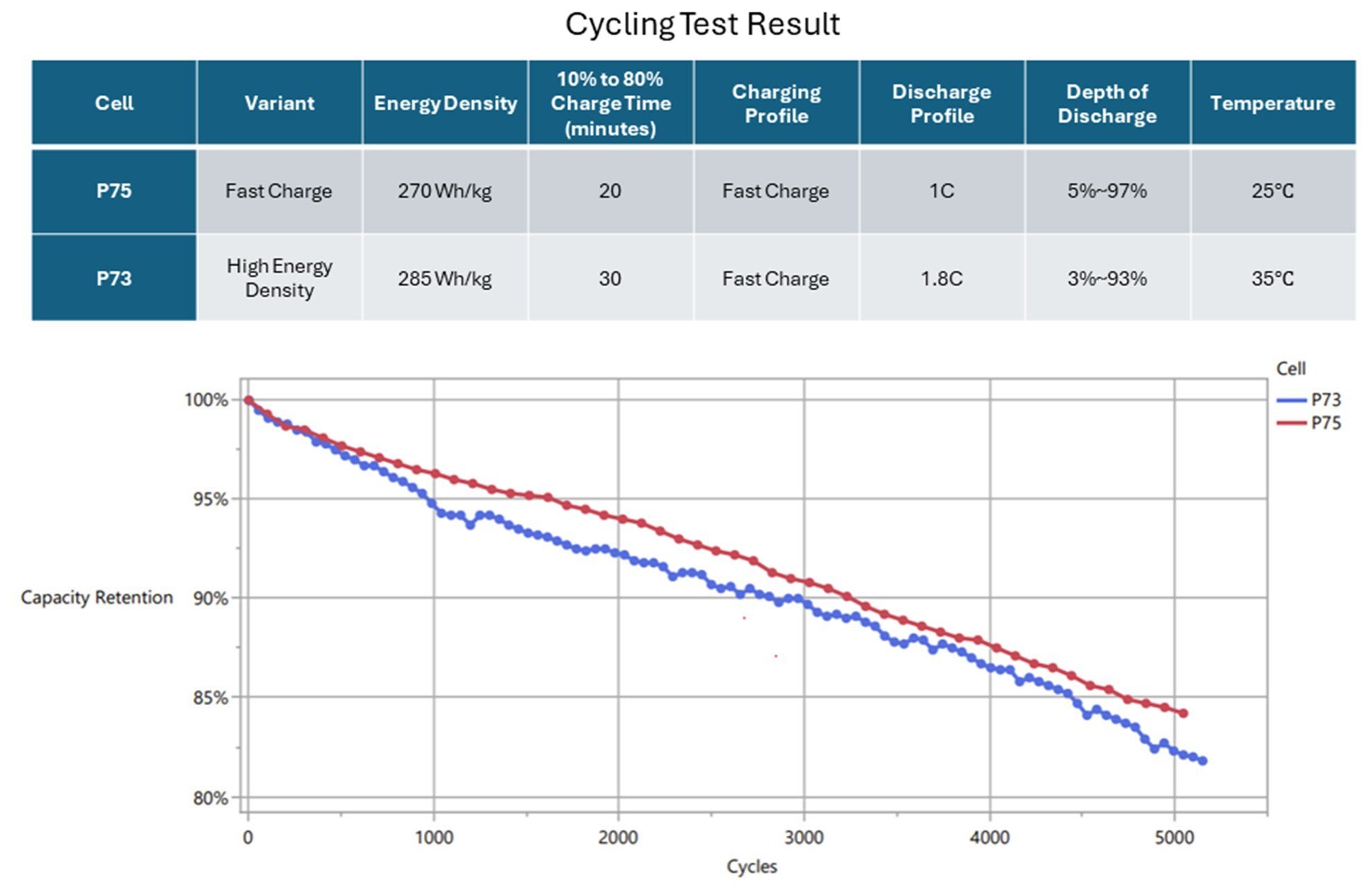
Farasis Energy’s breakthrough in battery technology involves the rigorous testing of its NCM chemistry cells, P75 and P73, which have demonstrated the ability to last a million miles over 15 years while maintaining over 70% of their capacity. This extensive testing and analysis since 2018 confirms the durability and longevity of these battery cells.
Real-World Testing Conditions
Farasis Energy conducted tests under strenuous real-world conditions, including fast charging (equivalent to charging a battery from 10% to 80% in around 20 minutes for P75 and around 30 minutes for P73) and a high depth of discharge of 90% and above. The tests were performed at varying temperatures (25 to 35℃), which are representative of major automotive markets like the coastal United States, Western Europe, and China. Additionally, the test fixtures emulated variable pressure conditions, ensuring realistic testing scenarios.
Advanced Materials and Technology
The impressive cycle life is achieved through the use of advanced materials and charging strategies. The separators are coated with semi-solid gel to reduce electrolyte volume while ensuring excellent ion conductivity and chemical stability. The optimized cathode and anode materials and the electrolyte-electrode interface enhance performance. The charging strategy minimizes lithium plating and heat generation, effectively suppressing the side reactions that lead to capacity loss.
High Energy Density and Safety Features
The battery packs offer not only longevity but also high energy density, 20 to 30-minute fast charging, and thermal propagation mitigation. These cells are currently mass-produced for high-end passenger cars such as Voyah (the premium arm of State-owned Dongfeng) and Mercedes-Benz, as well as for commercial vehicles. The cells achieve up to 285 Wh/kg energy density, providing an additional range of 300km for heavy-duty trucks compared to LFP-based battery packs.
Farasis has developed unique packaging technologies to ensure safe operation. These technologies mitigate risks associated with thermal propagation by using a directional exhaust system, multisided thermal barrier protection, thermoelectric separation, and phase change materials to absorb heat during thermal events. These measures effectively prevent the spread of thermal propagation, significantly enhancing cell-level safety.
Commercial Vehicle Applications
While only 1% of consumer vehicles reach 200,000 miles, commercial vehicles like buses and heavy-duty trucks often achieve this milestone. Traditionally served by diesel engines, commercial vehicles can now benefit from the lower operating costs of electric powertrains, which are half that of diesel engines when considering maintenance and fuel/electricity costs. Long-lasting battery packs in commercial vehicles provide significant financial and environmental benefits to operators and the public.
Additionally, top players in the electric vehicle takeoff and landing (eVToL) market have independently evaluated these cells, finding them to last over 10,000 flight cycles, thus choosing Farasis’ pouch cells over cylindrical and prismatic cells.
Farasis Energy’s breakthrough represents a significant advancement in battery technology, promising longer life, higher performance, and greater safety for both passenger and commercial vehicles.
Sign up for our popular daily email to catch all the latest EV news!

